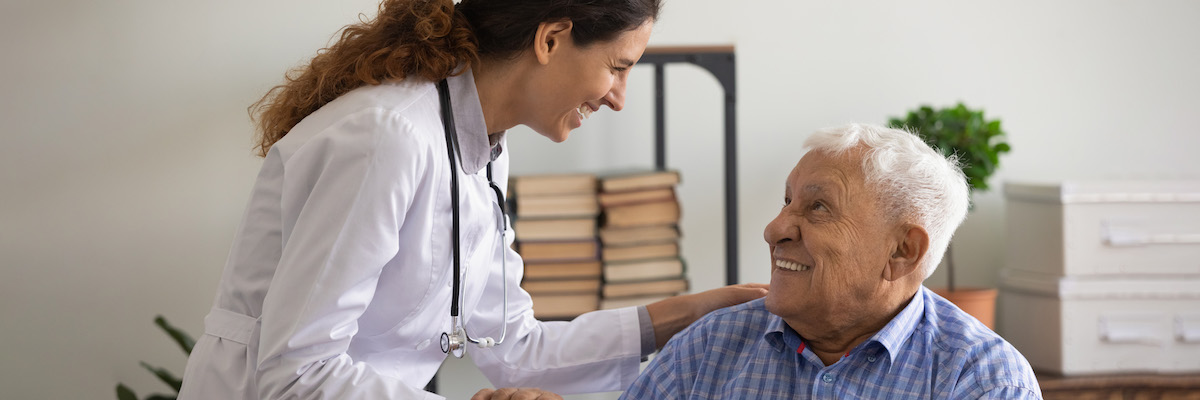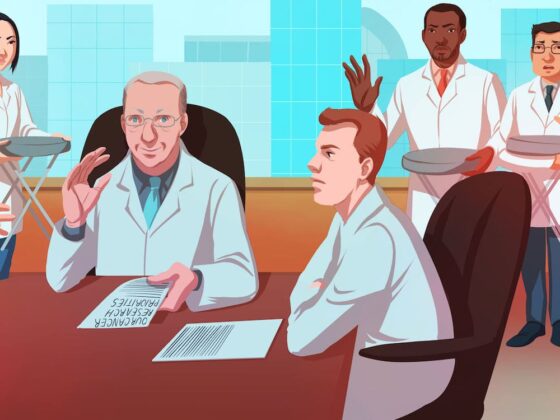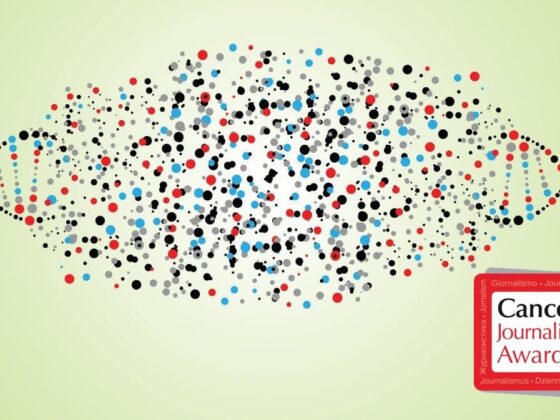Inequalities influence not only access to cancer care but also patients’ perceptions of their right to choose between treatment options and their expectations of receiving quality care.
Researchers evaluating how countries in the Americas design their cancer control policies have found that inequality issues are going unaddressed. A study published in Lancet Global Health found that 25 of the 34 countries studied signaled socioeconomic status, place of residence, race/ethnicity. and gender/sex as the main social determinants of health. “Most countries acknowledged that equity was a problem, and stated that it was a principal goal of their plan to reduce inequity, but fewer countries actually had interventions in their plan,” said lead author Patricia Loggetto from the St. Jude Children’s Research Hospital in the United States. None of the countries dedicated a budget for these interventions.
Creating successful action plans to lower cancer risk factors, mortality, and incidence in the general population requires more than just sheer will power, it needs a deep understanding about what patients need most.
Researchers from Latin America have simultaneously been examining how cancer patients from different socio-economic contexts relate to their disease and their treatment. A study from Brazil showed that four in ten breast cancer cases are diagnosed at stages III or IV, and only after the onset of symptoms. They say this shouldn’t be happening in a country where all women have access to the Brazilian National Unified Health System.
Ana Lucia Lobo Vianna Cabral, from the Universidade Federal de Minas Gerais in Brazil, and lead author of the study, explained that the Brazilian health system treats all women the same way, without taking into consideration life contexts. For instance, a woman who works as a domestic cleaner or in other jobs without social security cover, cannot afford to lose a day’s pay to go to the clinic for a check up.
Moreover, when women do manage to attend appointments and start treatment, the same context of inequality, characterised by low education levels and low income, opens them up to discrimination that is so deeply rooted in systems that doctors are not even aware of their own discriminatory behaviour. This affects patients’ feelings of agency and their ability to speak up for themselves. “If a doctor addresses a patient in a very rude way, she will feel it, she will suffer, but she will not position herself,” explained Lobo Vianna Cabral.
This arises out of fear. The dread of cancer and death shared by all women, she says, “generates a perception, mainly in the poorest women, of fear that if they impose their right, they are going to generate a negative reaction and they are going to be punished for that, that they will no longer receive their rights”. They know they have rights but, already weakened by cancer, they are “afraid of being prejudiced and reprimanded,” she says.
The result is that these women are less likely to assert their rights, and have their breast cancer caught at an early stage, than women with greater social capital, a larger salary, a higher level of education, and a greater capacity ask questions and argue.
The problem extends to other Latin American countries as well. Manuela Villar Uribe, from the World Bank Group in the United States, and lead author of a recent paper that provides an overview of different patient experiences in the region, explains that systems to inform and educate people about their healthcare rights are still lacking. Even when handbooks and documents are easily available, they are not designed to be easily understood by the patients.
The system has been designed for patients to blindly follow their doctors’ instructions, without the possibility of accessing a second opinion or other options because they can’t afford it. “Doctors tell you ‘Here’s what you have to do,’ instead of ‘Here are your options, which one do you prefer?’” says Villar Uribe.
“All the efforts that have been made to improve the right to health have been done much more from the side of the provision of services. The main shared thought is: ‘We know that there are not enough people who are receiving tests, so we’re going to provide more laboratories, and so forth. Everything has been ‘Give them, give them, give them’, but without understanding people’s limitations,” said Villar Uribe.
She argues that health systems should not just plough ahead with investing and increasing coverage, but should turn their attention to understanding patients’ lives, needs and wants – and how this differs between those with different levels of resources.












